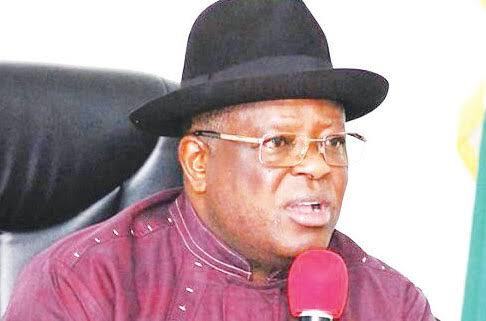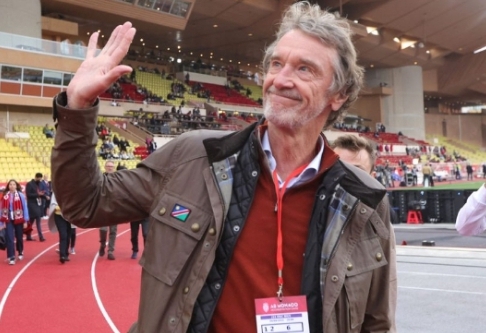Federal Government on Saturday explained why it awarded the Lagos-Calabar Coastal Highway project to Hitech Construction Company Ltd.
The Minister of Works, Sen. Dave Umahi, made the explanation during an inspection tour of the highway project in Lagos.
“Some people say that it didn’t go through a competitive bidding.
“I want to explain this: we have three types of procurement allowed by law,” he said.
Umahi listed the three types as restrictive procurement, selective/competitive bidding, and open bidding.
“When we started this project, we asked for companies that have up to five wirtgne concrete paver.
“You will agree with me that until we started this, the concrete paver was not common in Nigeria as it is today.
“We had to look for a company that had done this kind of project before, and that is Hitech.”
He noted that Hitech reconstructed the Oworonshoki Apapa Road.
“We saw that they got it right; so, we called them on Section 1.
“Then, we used restrictive bidding, which we sent to BPP (Bureau for Public Procurement) and we sent to the Federal Executive Council and they looked at it and corrected where they should and passed it accordingly.
“When other companies started bringing in some equipment, because they saw that Ministry of Works is insisting, especially where we have high water table, that we must use concrete, they started to bring in concrete equipment,” he said.
Umahi said that the Federal Government consequently opened Section 2 of the project to selective bidding and selected some companies and they bid.
He said that Hitech won the bidding.
The minister said that in Section 3A and 3B, the same thing happened.
“We have not gone outside the law, we have not gone outside the Procurement Act.”
He emphasised that President Bola Tinubu did not recommend any company for the highway project.
“ I want to say that there is no corruption in it. It is very transparent,” he added. (NAN)










